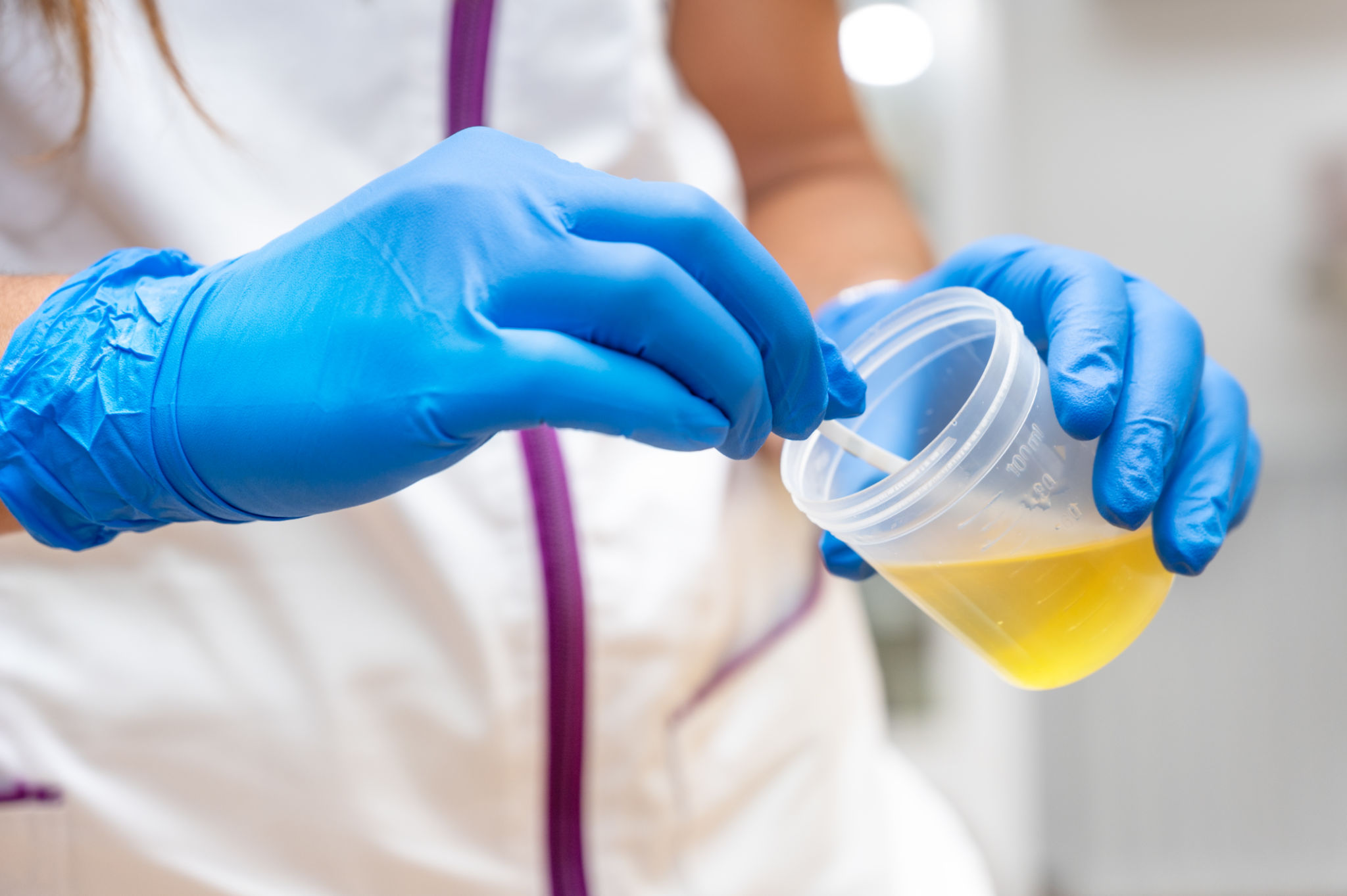Myth-Busting: Common Misconceptions About Drug Testing
Understanding Drug Testing: Debunking the Myths
Drug testing is a common practice in many industries, yet it is often surrounded by a cloud of misunderstanding and misinformation. These misconceptions can lead to unnecessary anxiety and incorrect assumptions about the process and its implications. In this post, we will address and dispel some of the most prevalent myths about drug testing.

Myth 1: Drug Testing Is Invasive and Unethical
A common misconception is that drug testing is an invasive procedure that violates personal privacy. In reality, drug testing is typically conducted under strict guidelines that prioritize the dignity and privacy of the individual. Most employers follow industry standards and legal requirements to ensure that the testing process is as respectful and discreet as possible.
Moreover, drug testing is not solely an employer's tool to scrutinize employees. It serves a broader purpose of ensuring workplace safety, maintaining productivity, and sometimes, complying with federal regulations. When conducted properly, drug testing balances both ethical considerations and workplace safety needs.
Myth 2: All Drug Tests Are the Same
Another misconception is that all drug tests are identical. In fact, there are several types of drug tests, each with varying levels of sensitivity and detection windows. The most common tests include urine, saliva, hair, and blood tests, each serving different purposes.
- Urine tests are the most common due to their cost-effectiveness and ability to detect recent drug use.
- Saliva tests are less invasive and can detect drugs used within a short timeframe.
- Hair tests provide a longer detection window, sometimes up to 90 days.
- Blood tests are less common, typically used in forensic or clinical settings due to their precision.

Myth 3: Drinking Water Can Help You Pass a Drug Test
A widespread myth suggests that consuming large amounts of water can dilute drug traces and help individuals pass a drug test. While hydration is important for overall health, it is unlikely to significantly alter test results. Most modern laboratories can detect dilution attempts and may mark the test as inconclusive or request a retest.
Attempting to alter test results can have serious consequences, including disciplinary action or termination of employment. It’s always best to approach drug testing with honesty and transparency.
Myth 4: Over-the-Counter Medications Can Cause False Positives
While it is true that certain over-the-counter medications can sometimes trigger false positives, such occurrences are rare. Drug testing labs use sophisticated methods to differentiate between legal medications and illicit substances. If you are taking any medications, inform the testing laboratory beforehand to avoid potential misinterpretations.

Myth 5: Drug Testing Is Only for Employees in High-Risk Jobs
While it is common for high-risk industries like transportation or construction to conduct regular drug tests due to safety concerns, many other sectors also implement drug testing policies. Employers across various fields aim to ensure a safe and productive work environment for everyone.
Comprehensive drug testing policies can help deter drug use in the workplace and promote overall health and safety, making them relevant across many industries.
In conclusion, understanding the truths behind these myths can help demystify drug testing and reduce any associated apprehensions. By dispelling these misconceptions, employees and employers alike can approach drug testing with informed perspectives and mutual respect.